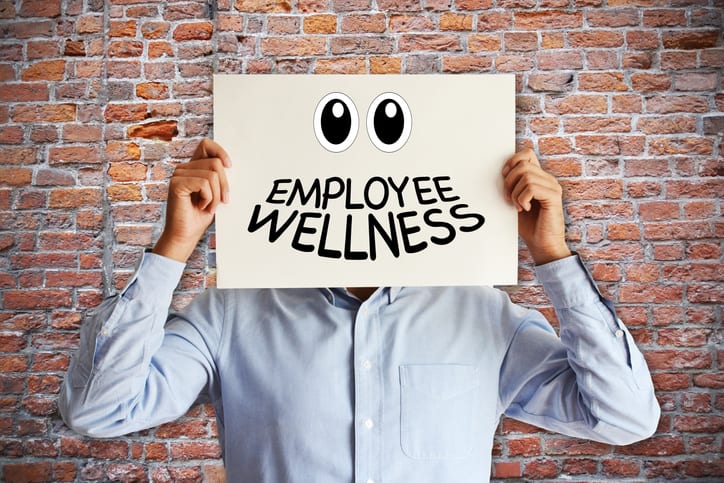Employee mental wellbeing has become an issue that needs the attention of their organisations, as 29% of the workforce described itself as depressed due to the COVID-19 pandemic, said Gartner recently.
In addition, nearly half (49%) of employees who reported their organisation offers a mental wellbeing programmes participated in it in 2020, according to the advisory firm's survey of more than 5,000 employees conducted in Q4 2020.
“Organisations, more than ever, must respond to all facets of the individual, from the physical to the emotional, and address some of the new stressors that have emerged over the past year,” said Carolina Valencia, vice president in the Gartner HR practice.
When evaluating enterprise-wide employee mental wellbeing initiatives, the advisory firm said organisations and their leaders should consider the followings.
Commitment to help employees cope with stress even post-pandemic
Gartner research found 87% of businesses provided flexible work hours to employees acting as care givers for family members. In additon, 26% gave employees paid time off (PTO) for childcare and 21% gave PTO for eldercare.
A Gartner survey of 50 HR leaders revealed 64% of companies provided a new well-being offering to support their staff, while 34% of companies expanded access to their existing offerings.
However, only one-quarter of organisations report that they plan to maintain the programmes introduced during the pandemic for the foreseeable future, the firm pointed out.
Companies should consider sustaining programmes beyond the pandemic due to the financial difficulties and lingering stress that will persist even after the outbreak subsides, Gartner added.
Personalisation of support to meet diverse needs
To address the varying needs of employees, organisations must ensure there is alignment between the support they offer and the demand from employees, Gartner said.
However, less than half of employees (46%) feel that their organisation’s well-being programmes are personalised, according to Gartner’s research.
To mitigate this, organisations can take specific steps to achieve alignment between support and demand such as offering more choices, the firm advised.
Currently, only 19% of employees working for organisations with mental well-being programmes report having access to five or more offerings, Gartner survey results indicate.
Giving employees tools to navigate challenging moments on their own at the right moment is one thing employers can do, the firm advised, adding that one tactic successful organisations are using is encouraging employees to self-assess their well-being.
Doing so facilitates employees to easily benchmark themselves, map out a development plan to enhance their well-being and hold themselves accountable for their wellness, Gartner explained.
More importantly, it encourages employees to seek out offerings the organization already provides, the firm added.
Creation of programmes, processes and guidance to enable discussions
HR leaders need to establish programmes, processes and guidance in advance of whatever unexpected event comes next, Gartner said.
These efforts should empower — but not force — employees to discuss subjects they may otherwise be nervous to bring up, including mental health challenges, resolving tension between employees and emotional health issues, the firm noted.
To address this, HR leaders can provide easy-to-understand information that define the level of involvement managers are expected to have when supporting their employees with mental and emotional health issues, Gartner advised.
If employers help support employees with all aspects of their health during turbulent times more effectively, not only do they have better lives, but they perform at a higher level, Valencia pointed out.
“In fact, organisations that provide holistic well-being support can boost employee discretionary effort by 21%, twice as much as companies that provide only traditional (physical and financial) programmes,” she said.




